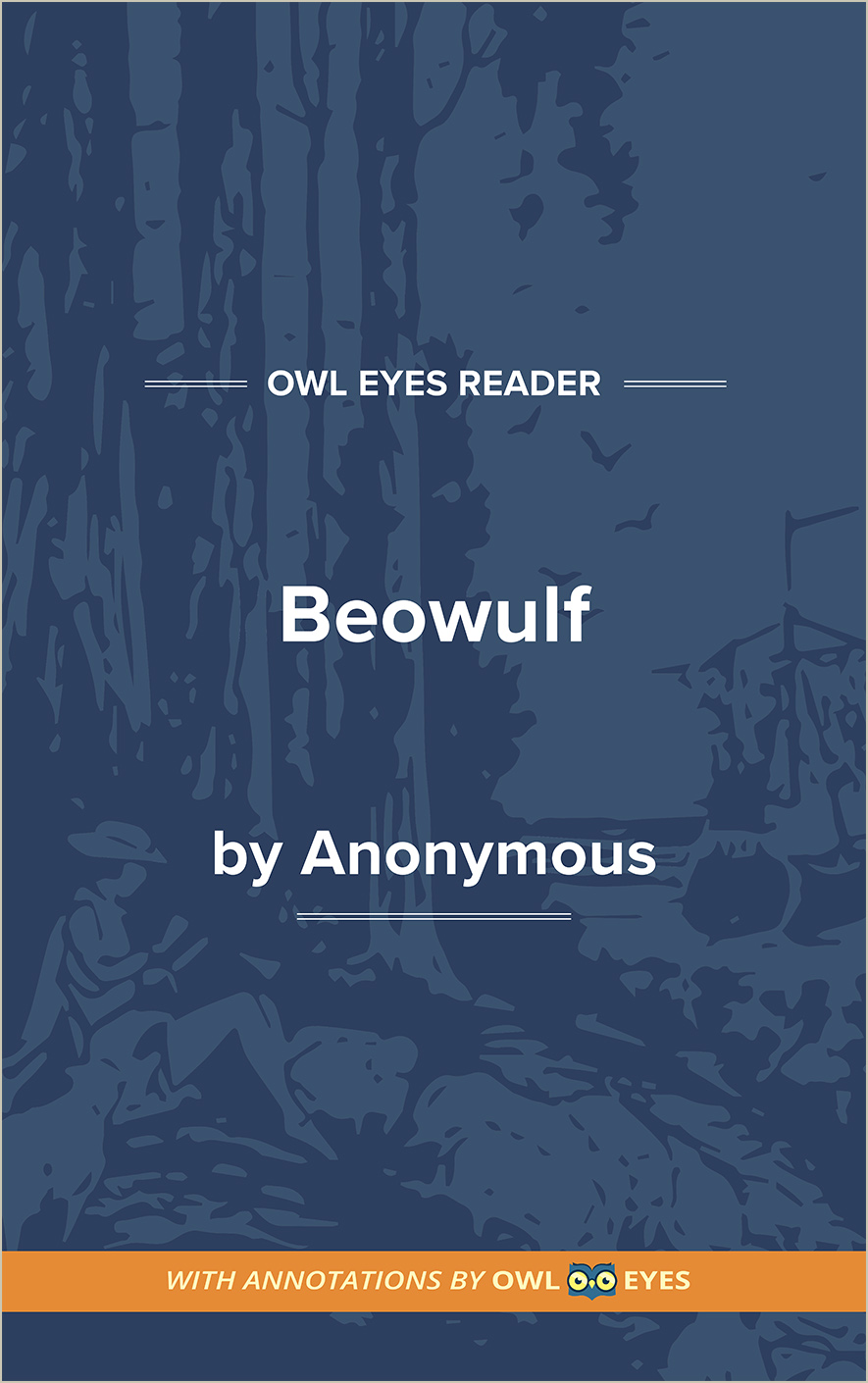Analysis Pages
Foreshadowing in Beowulf
Foreshadowing Examples in Beowulf:
III
🔒"hence it after became Certainly known to the children of men..." See in text (III)
XIV
🔒"To Sigmund accrued then..." See in text (XIV)
"as to Sigmund's Mighty achievements..." See in text (XIV)
XVIII
🔒"And Unferth the spokesman..." See in text (XVIII)
XIX
🔒"Doomed unto death..." See in text (XIX)
"Weird they knew not, destiny cruel,..." See in text (XIX)
XXXIII
🔒"the weening deceived him..." See in text (XXXIII)

